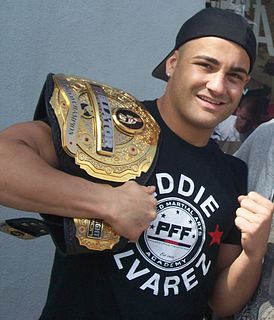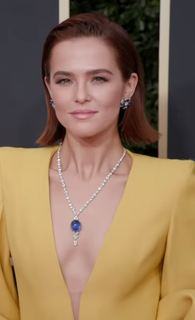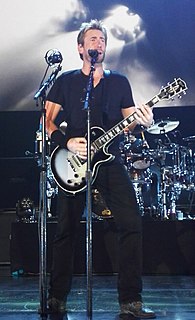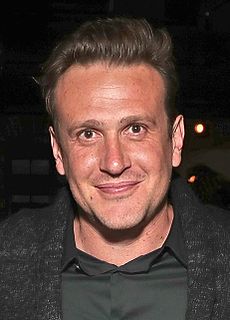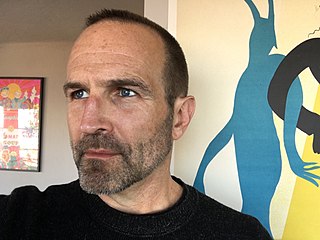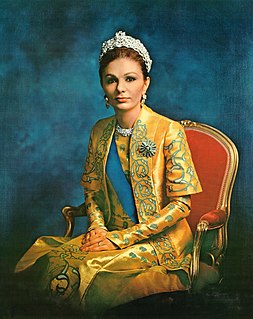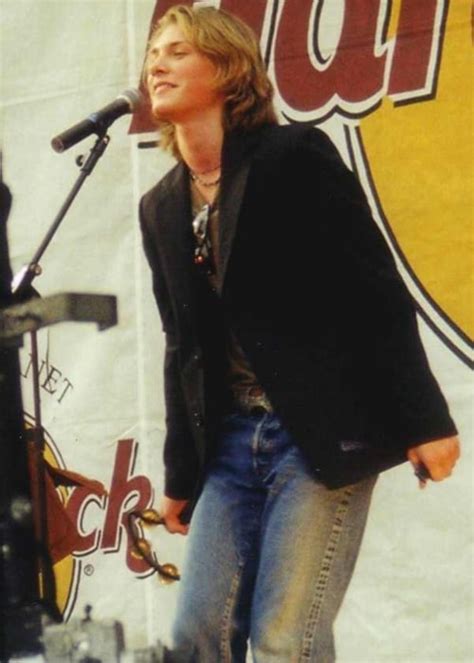A Quote by Paul Auster
Money, of course, is never just money. It's always something else, and it's always something more, and it always has the last word.
Related Quotes
One of the best rules anybody can learn about investing is to do nothing, absolutely nothing, unless there is something to do. Most people – not that I’m better than most people – always have to be playing; they always have to be doing something. They make a big play and say, “Boy, am I smart, I just tripled my money.” Then they rush out and have to do something else with that money. They can’t just sit there and wait for something new to develop
To walk in money through the night crowd, protected by money, lulled by money, dulled by money, the crowd itself a money, the breath money, no least single object anywhere that is not money. Money, money everywhere and still not enough! And then no money, or a little money, or less money, or more money but money always money. and if you have money, or you don't have money, it is the money that counts, and money makes money, but what makes money make money?
My favorite part about my job is not that it is never boring; it is that it is always exciting. There is always something new to learn. There is always something interesting to get from someone else. Whether it is an actor, or a sound engineer, there is so much to learn and there will never be nothing to learn. There is always something there.
If it's achievement that you place your value in, you're never going to achieve enough. If it's power, you always need to wield power over others. If it's money, you'll never be rich enough. But if you do something and are a part of what is happening, then you're always in it and it's always enough.
For me, money is to use - it's only to use. So I never have money because I always spend. That's why in a way I protect myself in having houses. But if I had just cash or kept it in the bank, I'd spend it immediately. But not for stupid things. So I don't like to have money. I never have money in my pocket.
And I also know that pain can seem like an endless ribbon. You pull it and you pull it. You keep gathering it toward you, and as it collects, you really can't believe that there's something else at the end of it. Something that isn't just more pain. But there's always something else at the end; something at least a little different. You never know what that thing will be, but it's there.



